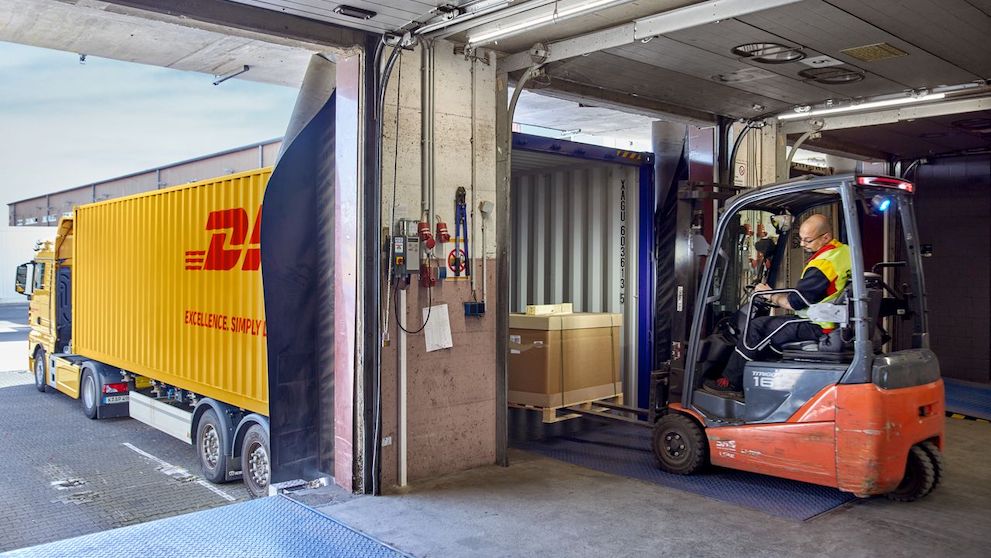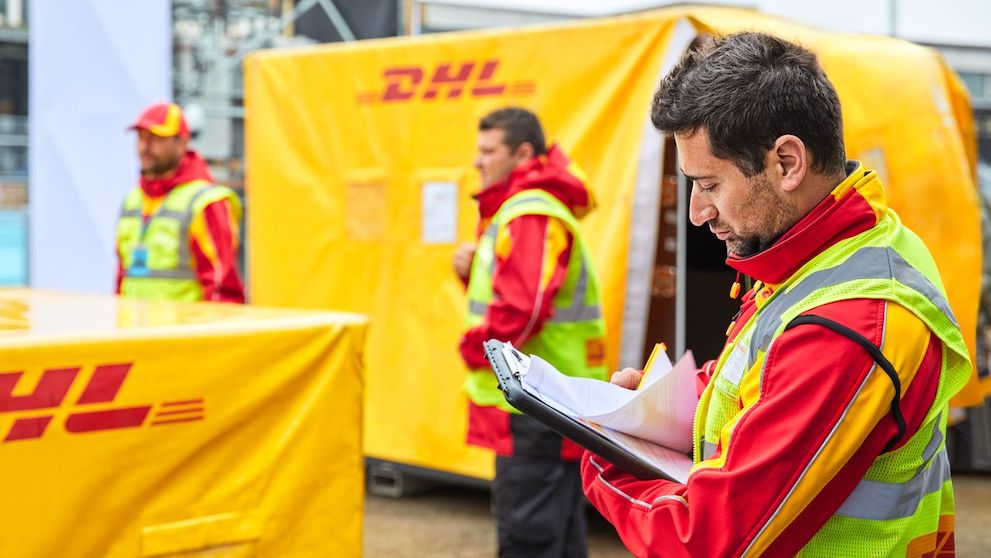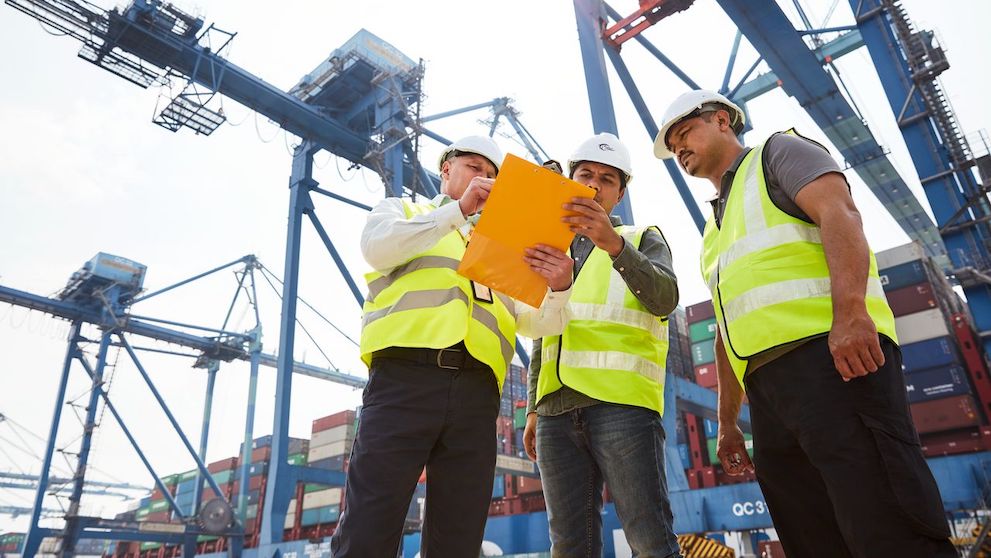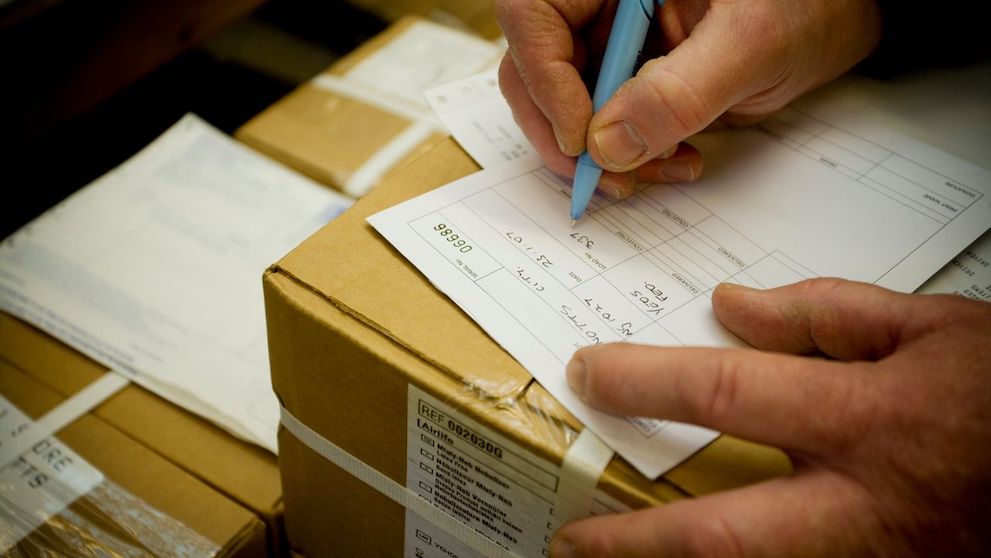For New Zealand businesses venturing into international trade, understanding what Incoterms are, as well as their importance can make the difference between smooth sailing transactions and costly complications. Whether you're a Kiwi company exporting premium wines to Asian markets or importing manufacturing components from Europe, these internationally recognised terms establish clear guidelines, ensuring transparency and reducing disputes throughout the shipping process.
With New Zealand's geographical isolation making international shipping a necessity rather than an option for growth, mastering Incoterms isn't just good business practice—it's essential. For our export-driven economy, where products travel thousands of kilometres to reach global markets, clarity around shipping responsibilities protects both buyers and sellers while streamlining trade operations.
This guide unpacks everything New Zealand businesses need to know about Incoterms and its logistics, helping you navigate international shipping with confidence and precision.
What are Incoterms and why do they matter?
Established by the International Chamber of Commerce (ICC) to standardise international commercial transactions, Incoterms® – or "International Commercial Terms" are a globally recognised set of standards used worldwide in both international and domestic contracts for the delivery of goods.1
For New Zealand traders engaged in global commerce, understanding what Incoterms are is paramount. These terms designated by three letters (like EXW, FOB, or CIF), provide essential clarity on critical aspects of each transaction: who arranges and pays for transportation at each stage, who is responsible for insurance coverage, when risk transfers from seller to buyer, and which party handles customs clearance and pays duties. Without this clarity, international trade becomes vulnerable to costly misunderstandings, delayed shipments, unexpected expenses, and legal disputes.
Consider a Central Otago winery exporting premium Pinot Noir to Australia. Using FCA (Free Carrier) Auckland would mean the winery is responsible for getting the wine safely to the carrier at Auckland port, paying for export clearance and loading costs. The Australian importer would arrange and pay for shipping across the Tasman, insurance, and import clearance, assuming risk once the cargo is handed over to the carrier. If they had instead used CIF (Cost, Insurance and Freight) Sydney, the Kiwi winery would bear responsibility for shipping costs and insurance all the way to Sydney, though the risk would still transfer at Auckland port. This clear delineation of responsibilities prevents costly disputes and ensures that both parties understand exactly what they're agreeing to.
Key Incoterms explained for New Zealand businesses
Let's examine the five most commonly used terms for New Zealand businesses to confidently navigate international trade agreements. These Incoterms are particularly relevant to our import and export operations due to our unique geographical position and trade patterns.
EXW (Ex Works)
Under this Incoterm, the seller delivers goods by making them available at their premises (factory, warehouse, etc.). The buyer assumes responsibility for everything else—export clearance, international transportation, import duties, and all associated costs and risks.2 For New Zealand businesses new to exporting, EXW might seem straightforward as it involves minimal seller obligations. A small Dunedin honey producer could simply prepare their manuka honey jars at their facility, leaving the buyer to handle pickup, export documentation, shipping, and import clearance.
FCA (Free Carrier)
With FCA, the seller delivers goods to a carrier nominated by the buyer at an agreed location and handles export clearance. The buyer then arranges and pays for the main transportation.2
This is one of the most commonly used Incoterms in shipping for New Zealand container exports like containerised milk powder. Under "FCA Port of Tauranga" terms, a dairy producer would deliver the product to the port and complete export documentation, leaving the buyer to arrange international freight and insurance.
CPT (Carriage Paid To)
The CPT Incoterm requires the seller to pay for transporting goods to the named destination, but risk transfers to the buyer once goods are handed to the first carrier. This means that the seller handles the export clearance while the buyer manages import duties.2 For example, a Marlborough winery using CPT Vancouver would arrange and pay for transporting their Sauvignon Blanc all the way to Canada, but the risk would transfer when the wine is loaded onto the international carrier in New Zealand.
CIP (Carriage and Insurance Paid To)
Similar to CPT, CIP calls for the seller to pay for transport to the destination. However, it also requires the seller to arrange and pay for the product's insurance coverage at a minimum of 110% of the cargo value.2 This Incoterm is ideal for New Zealand businesses shipping high-value products like medical equipment, as it offers added security through mandatory insurance coverage that protects the sensitive cargo throughout its journey across multiple handling points.
DDP (Delivered Duty Paid)
Lastly, with DDP Incoterm, the seller takes maximum responsibility, handling everything from export clearance, transportation, and insurance to import clearance and payment of all duties and taxes.2 Under the DDP Tokyo terms, a Wellington Merino clothing company shipping premium wool garments to Japan would manage every aspect —from pickup at their facility to navigating Japanese import regulations and paying all applicable duties—delivering a truly comprehensive door-to-door service that simplifies the buying process for their international retail partner.

Choosing the right Incoterm for your New Zealand business
Having examined the most common Incoterms in international shipping, the next crucial step is determining which term best suits your specific trade requirements. Selecting the appropriate Incoterm is a strategic decision that impacts numerous aspects of your international trade operations, from cost allocation and risk management to administrative responsibilities. Below are the key factors New Zealand businesses should consider when choosing Incoterms:
Nature of your product
The type of goods you're shipping should influence your Incoterm selection. For perishable products like seafood or fresh fruit—key New Zealand exports—terms that minimise transit time and clarify handling responsibilities are crucial. CIP or DDP might be preferable for high-value Kiwi products such as fine wines or specialised machinery, as these terms provide greater control over transportation and insurance. For standardised products with lower value, simpler terms like EXW or FCA might be sufficient.
Transportation method
Your chosen shipping mode should align with the appropriate Incoterms. For sea freight from New Zealand ports, FCA is increasingly recommended for greater clarity. For air freight from Auckland or Christchurch airports, terms like CPT or CIP work well, giving you control over carrier selection while clearly defining the transfer of risk. When using courier services for smaller shipments to Australia or the Pacific Islands, DDP simplifies the process for your customers.
Risk management references
Consider how much risk you're willing to assume in the international shipping process. New Zealand's geographical location means longer transit times and more handling points, increasing potential risks. If you prefer minimal risk exposure, choose an Incoterm like EXW to keep your responsibilities limited to your premises. Conversely, if you're confident in managing international logistics and want to offer superior customer service, a term like DDP allows you to control the entire process while charging accordingly for this comprehensive service.
Buyer relationship and requirements
Your relationship with international buyers and their preferences should also influence your Incoterm choice. Established customers with their own logistics networks might prefer EXW or FCA, allowing them to leverage their transportation arrangements. New customers might appreciate the simplicity and predictability of CPT, CIP, or even DDP terms, particularly if they're unfamiliar with importing from New Zealand. Always consider your buyer's experience level with international trade when proposing Incoterms.
Compliance capabilities
Finally, assess your familiarity with customs regulations in destination markets before committing to Incoterms that make you responsible for import clearance. A small Wellington business might find DDP manageable for Australian shipments due to the Trans-Tasman trade agreement, but the same terms for exports to complex regulatory environments like China or Brazil could create significant compliance challenges.
By carefully evaluating these factors, you can select the Incoterm that best balances your capabilities, risk tolerance, and customer service goals.
How DHL Express helps you navigate Incoterms
Understanding and implementing the right Incoterms for your business can be complex, particularly for New Zealand companies navigating the challenges of our geographically isolated position in global trade. This is where DHL Express offers valuable expertise and support.
DHL Express brings decades of international shipping and logistics experience to New Zealand businesses, with specialised knowledge of customs regulations across more than 220 countries and territories. Our global network, combined with local expertise, means we understand both the international requirements and the specific needs of Kiwi exporters and importers.
Our trade specialists can help your business determine the most appropriate terms for your specific shipping needs and offer insights into market-specific requirements that might affect your Incoterm selection. Whether you're shipping to established markets or exploring new territories, we provide guidance on how different Incoterms affect your shipping process, costs, and responsibilities, ensuring you make informed decisions.
DHL Express also offers streamlined customs clearance support, regardless of which Incoterms you choose. Our customs specialists handle complex paperwork and compliance requirements, reducing the risk of delays and penalties. For documentation, we provide guidance on preparing commercial invoices, certificates of origin, and other essential paperwork required under different Incoterms, while our electronic shipping solutions help ensure accuracy and compliance.
Streamline your global trade with DHL Express
In today's global marketplace, understanding and correctly applying Incoterms is fundamental to successful international trade—the right terms reduce costs, minimise risks, and create clarity with your trading partners. DHL Express New Zealand is committed to supporting Kiwi businesses on their international growth journey with comprehensive international logistics solutions and overseas courier services that adapt to your chosen Incoterms.
Ready to simplify your international shipping? Open a DHL Express business account today for expert guidance and tailored solutions that will help your business thrive in global markets.





































